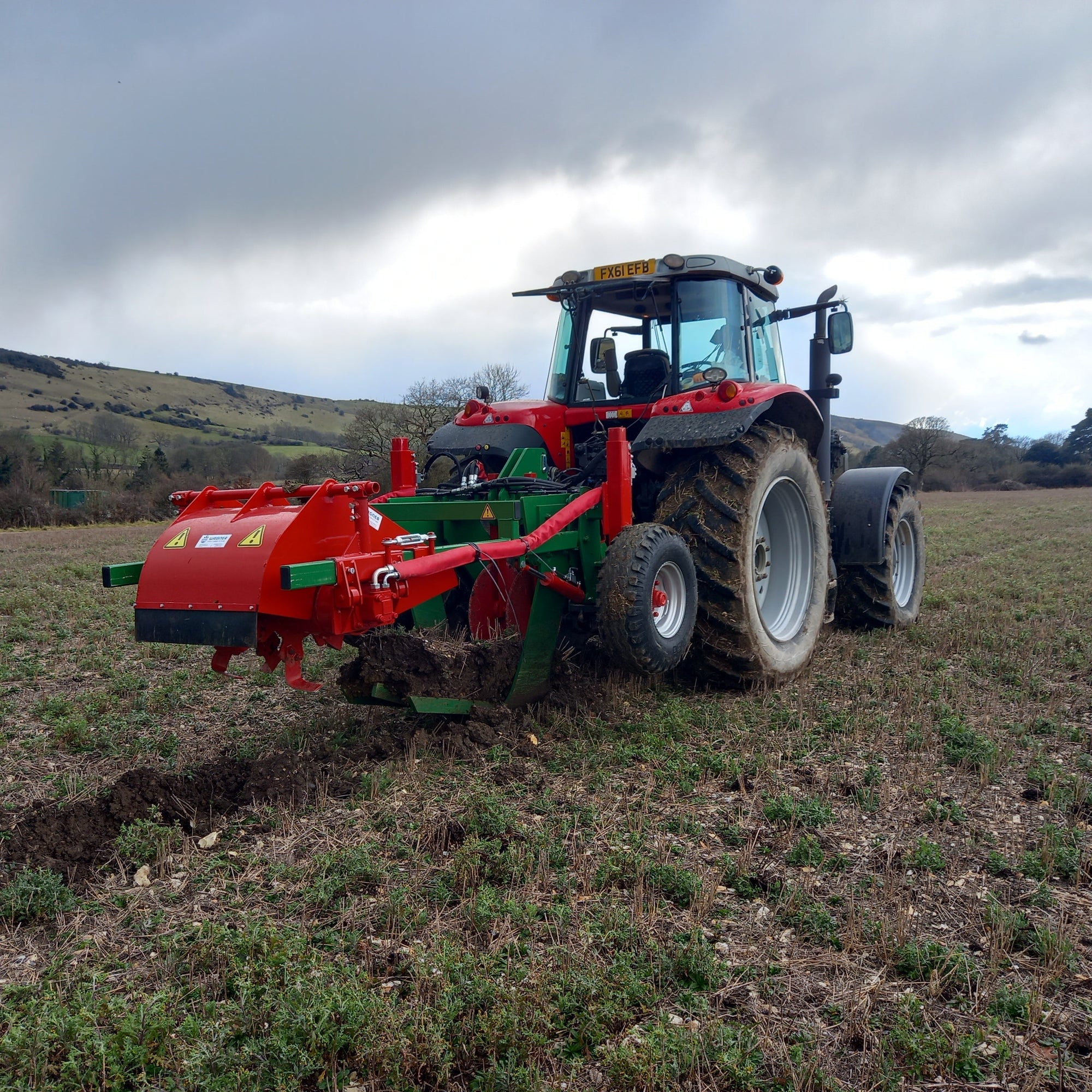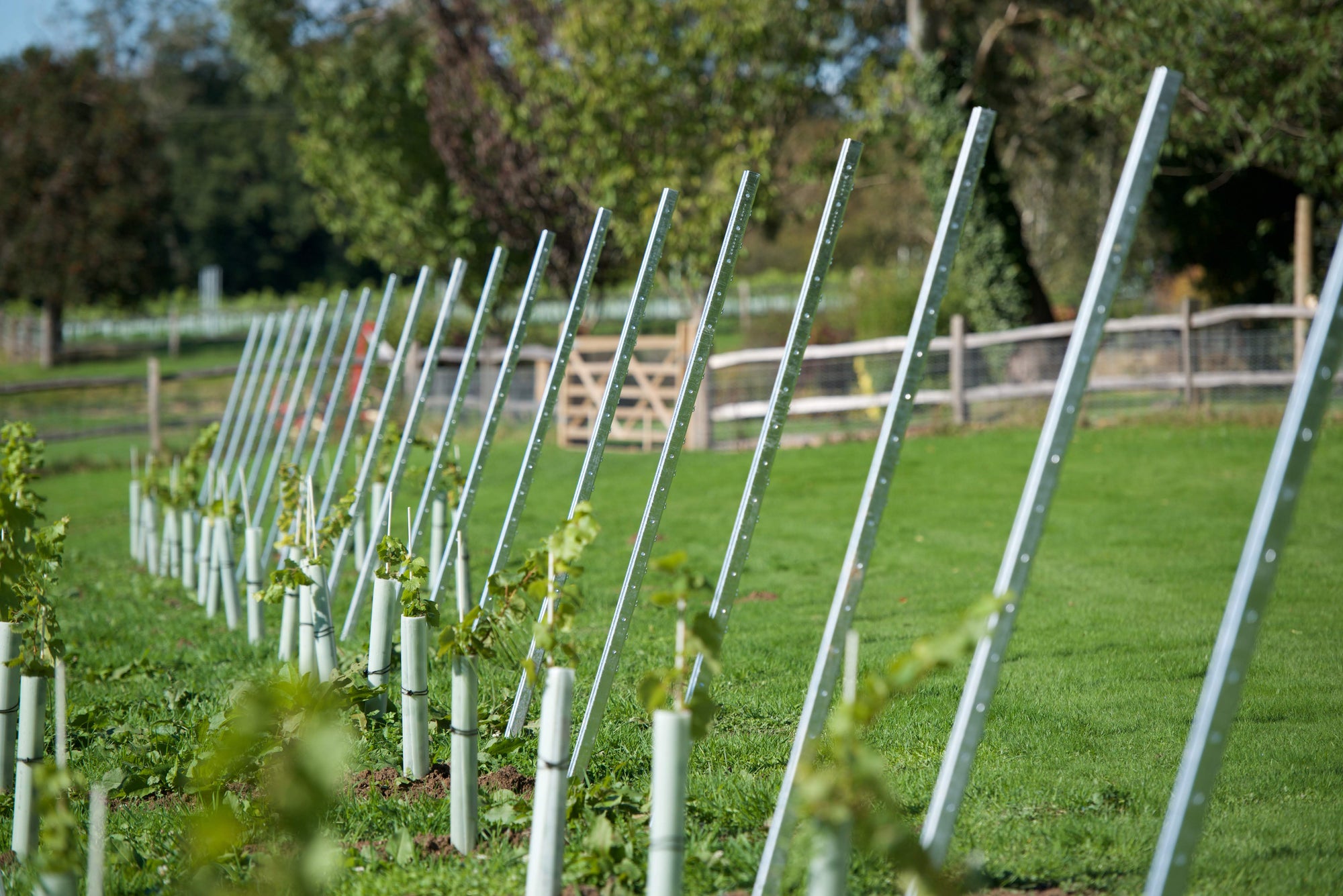

VINEWORKS TO SPONSOR 'VINE GROWER OF THE YEAR 2019'
The award of £2000 aims to encourage vine growers to keep developing their knowledge and bring new ideas and skills to the UK. The fund is to support the winner to conduct a study tour to another wine producing region anywhere in the world. In 2017 this was a new award organised by SEVA with sponsorship from VineWorks. In 2019 Vine Works will again sponsor the ‘Vine Growers of the Year’.
It will be a two stage application process designed to identify who has the skills and ideas to deliver an inspiring and insightful study tour for the benefit of their own personal development and the UK wine industry.
The 2017 winner was Luke Spalding of Ridgeview Wine Estate, also a student at Plumpton College. Luke’s presentation was entitled ‘Direct & indirect canopy management methods to help produce a consistent crop yield in a variable cool climate’. Luke gave his report at the SEVA AGM on 19 June 2018. Luke visited vineyards in the Champagne region, Sweden, The Netherlands, and Belgium. He looked at the canopy management methods used including; fruit and shoot thinning, leaf stripping and also cover crops. His report can be read on the WineGB website.
Interview with VineWorks
By Galia Pike
How many UK vineyards do you work for?
More every day! But last count was 74.
How long have you been established for?
James started VineWorks whilst studying at Plumpton in 2006 and Darcy joined in 2010. Our office and warehouse are near Plumpton and our vineyard and workshop are at Wivelsfield Green.
Tell us about the team – how many of you are there?
There are about 80 of us in total. James manages the establishment and consultancy side. Darcy manages the ongoing vineyard management and labour teams. We also have four graduate level field supervisors.
What services do you offer at VineWorks?
The business is divided into three areas: establishment, vineyard management, and retail services. Establishment focuses on the new customers looking to plant a vineyard. Darcy’s team then step in to consult on management. Our retail services is a new addition. We offer over 30 different products on our website, from trellis to vineyard sundries.
What are you main tasks and how have things changed?
Most of our staff are working on canopy management, pruning and harvest. The biggest changes are the size of plantings. Ten years ago, twenty acres was considered large but now that’s modest. Fruit brokering has been an expansion area for us in the last few year and we are sourcing and supplying fruit to a growing customer base.
Can you tell us about new plantings this year?
This year we have been involved with 25 plantings where we’ve planted over 700k vines. This year, we estimate that the industry put in over 1.5 million vines.
What are your predictions for the future of the industry?
There are wineries who are now producing Charmat and we expect more to follow this path. The varietals that seem to work best for this are Germanic stills so we expect to see more plantings of Seyval and Reichensteiner. There are more growers planting in East Anglia and there are some warm locations to be found primarily around the coast. The ‘Holy Trinity’ of sparkling varietals is still the driving force of the plantings but we encourage new operators to consider still wine varieties too. We also have our own trials of Cabernet Blanc, Cabernet Noir and VBcal-6 which we have high hopes for.



